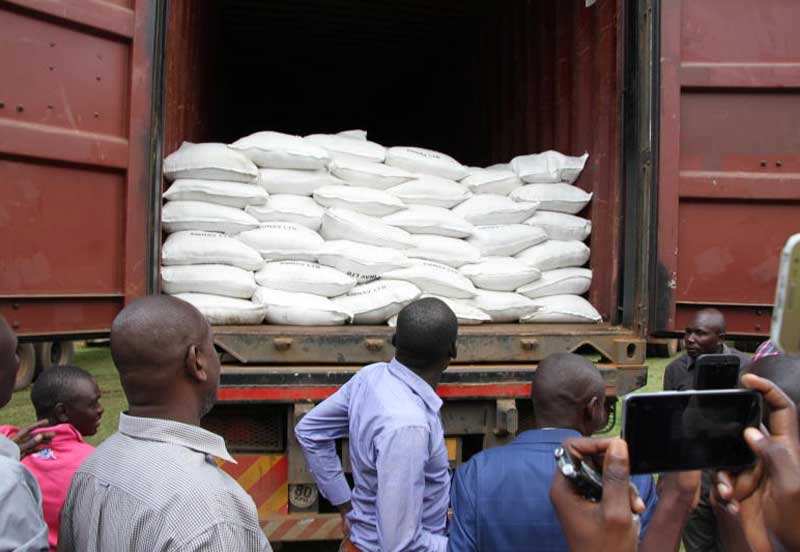×
The Standard e-Paper
Kenya’s Boldest Voice

Contradictory statements by Cabinet secretaries about tests on sugar seized from traders has exposed the confusion in Government, and turned the spotlight on top officials.
What exactly do they know about the controversial imports?